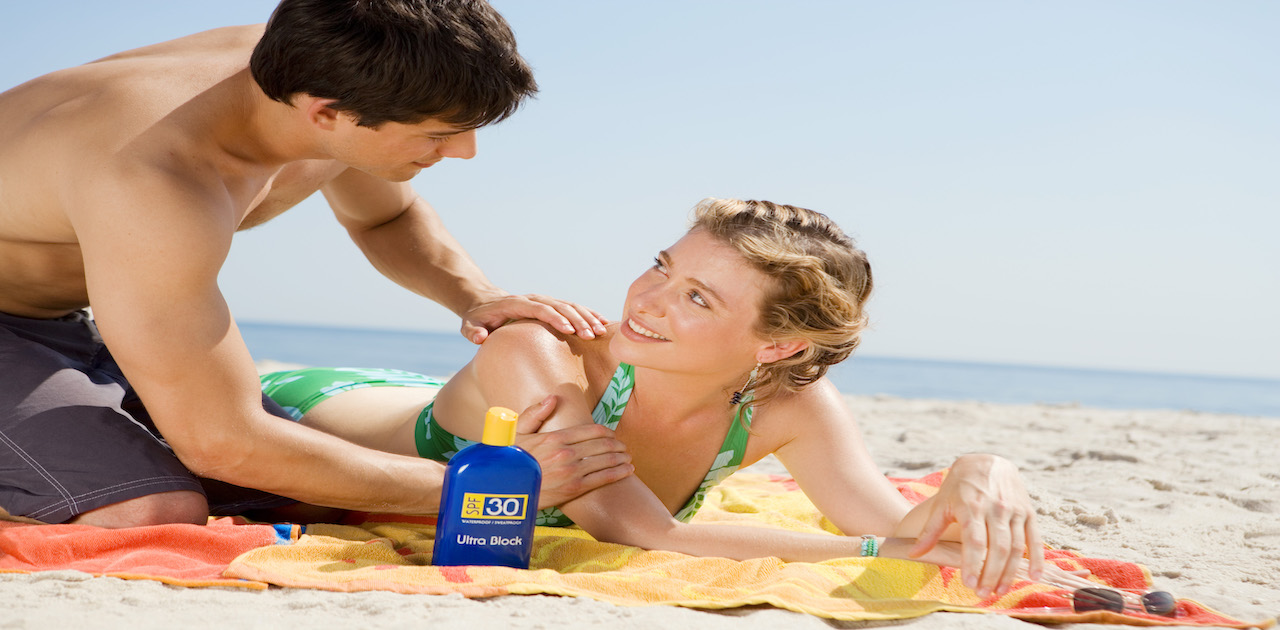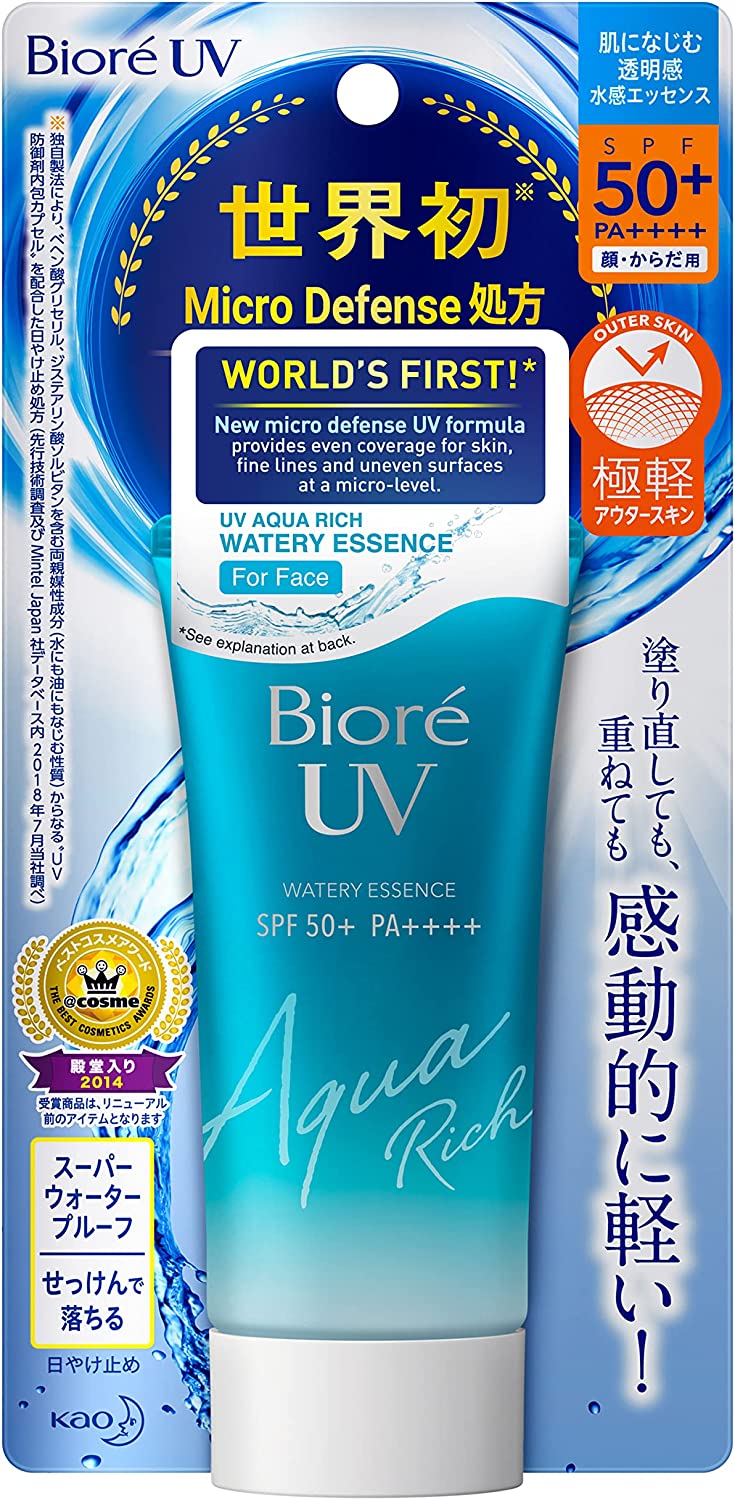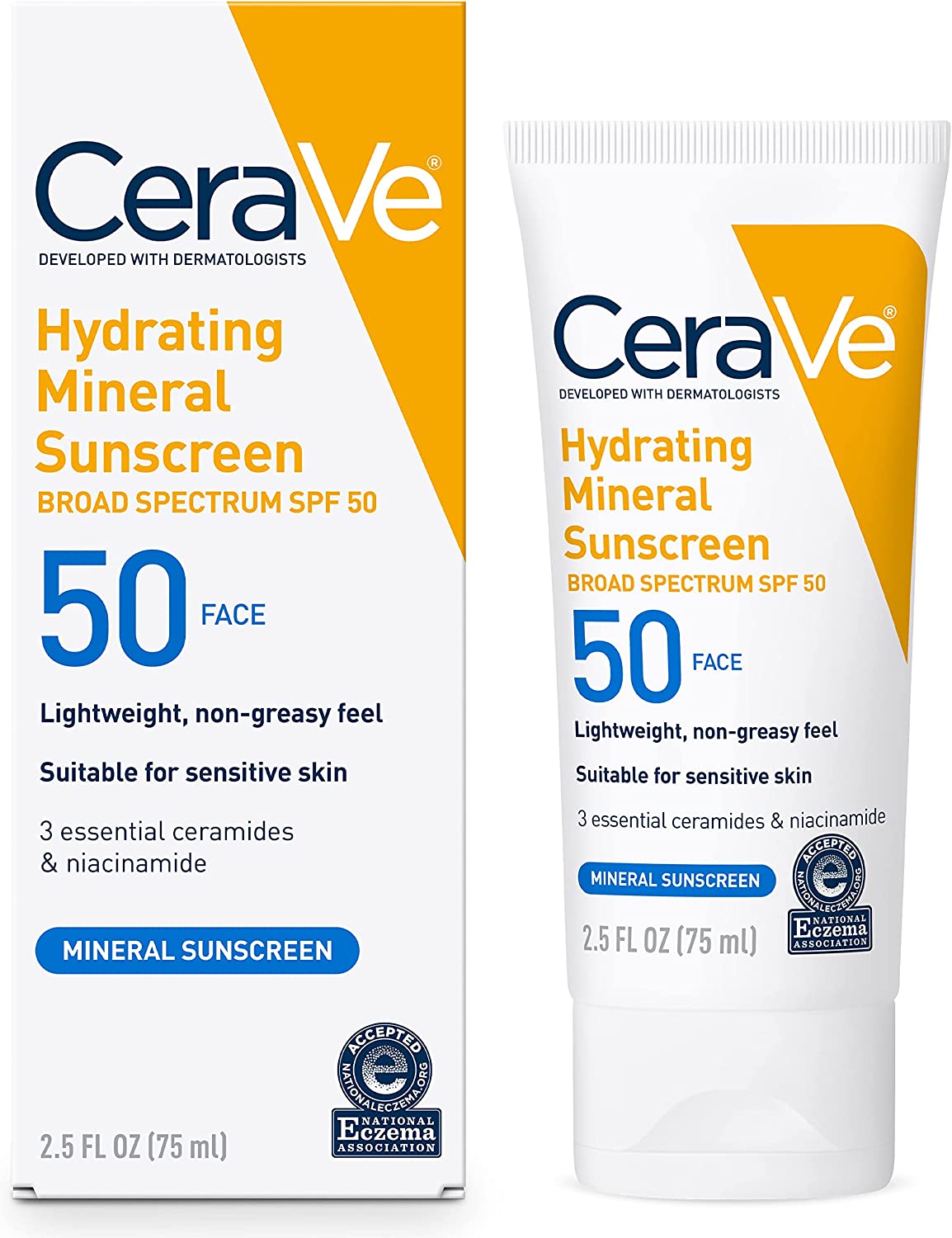Sunscreen is a key product recommended daily for various utilities, including the skin. Learn everything to know about sunscreen here.
How often do you use sunscreen? Whether you have been made newly made aware of the importance or alerted by a trigger to learn everything to know about sunscreen. There are various components of sunscreen to know about to receive the most valuable benefits for the skin and even general health, such as different ratings of SPF. After all, sunscreen plays an essential role in protecting us from intense UV radiations, particularly the light emitted by the sun, which could cause harmful effects.
You might be surprised, but sun damage is one of the most common factors that cause harm to your skin. People often miss sunscreen and its critical role in keeping the skin healthy. It is commonly recommended as something helpful to apply daily and reapply whenever necessary. It could be while you are going to the beach and backyard. Sunscreen is recommended to be used however short you get exposed to the sunlight. Also, in case you were wondering if this is the case for specific conditions. For instance, staying indoors during cold weather and even when the cloud seems like they are blocking the sun. The recommendation is still to apply sunscreen.
Why Should You Use Sunscreen?

It is recommended for everyone to use sunscreen as it can act and support your skin to reflect or absorb the sun’s ultraviolet (UV) radiation like a barrier. UV lights are one of the most common elements that can harm your skin. For instance, UV radiation could damage some structures of your skin, such as elastin and collagen.
Elastin helps your skin to stay elastic, which keeps your skin more flexible and firm. Whilst, collagen supports your skin to be more firm and plump while increasing your blood flow to the skin. Both elastin and collagen contribute to combating signs of ageing such as fine lines and wrinkles by reducing their development. Additionally, sunscreen can help you be more resistant to damage happening to the DNA of your skin cells which could lead to the development of skin cancer.
It would be best to use sunscreen daily and often reapply to protect your skin from UV radiation, especially those that emit from the sun. Also, if you have been wondering whether sunscreen can be used as a moisturiser, many sunscreens these days have a moisturising base. So, it would be possible to use sunscreen as a moisturiser for day time if it suits your needs. Check out here to learn more about the simple 3 step skincare routine incorporating sunscreen.
Difference Between UVA And UVB Rays
The sunscreen protects us against some of the UV radiation that comes from the sun, and there are mainly two types of UV radiation that reach the earth. These are the UVA and UVB, though most of the UV rays that reach the earth are UVA. If this piques interest, the sun radiates UVC too, but they are absorbed by the atmosphere.
UVA and UVB are often distinguished by UVA, a heavy contributor to visible signs of ageing. In comparison, UVB is commonly the one causing sunburns and a more prominent contributor to the possible development of skin cancer than UVA. It is essential to be aware that the sunscreens you are using are broad spectrum, which means this sunscreen helps defend against both UVA and UVB.
What Are SPF Ratings?

Sun protection factors, or SPF, usually identified on sunscreens, refer to the measurement of protection against the sun’s UVB rays. For instance, SPF 15 is known to provide protection and block around 93% of UVB. Often specialists recommend applying sunscreen with at least SPF 30 ratings, which provides about 95% UVB protection and block. Using SPF 30 doesn’t mean you will get double the protection and block from UVB that SPF 15 provides.
If you live in an area with intense sun rays or SPF 30 doesn’t cover your needs. You could use sunscreen with SPF 50 with around 98% UVB protection and block. After all, sun protection products over SPF 50 don’t necessarily indicate they will provide 100% UVB protection and block as that would mean you are getting complete protection. Additionally, when you choose the sunscreen with a suitable SPF rating that fits your needs, it would be helpful to check if it provides broad spectrum protection and block.
Also, you might be wondering if some foundations or moisturisers have SPF. This means they can be used for sun protection as long as they have the recommended SPF and brand spectrum protection. Using a broad spectrum sunscreen would allow you to be better protected against both UVA and UVB. Doing so can reduce your skin ageing process, decrease your chance of burning your skin, and possibly develop skin cancer, all incited by the sun’s UV radiation.
Various Types Of Sunscreen
There are generally two main types of sunscreen, which are known as physical or also mineral and chemical. The similarity between the two types of sunscreen is that they both absorb the sun’s UV radiation helping to stay protected against skin damage. One difference is that physical sunscreen can reflect some of the sun’s UV rays.
The absorption works by transferring the UV radiation to a small amount of heat, making it close to being or completely harmless. In contrast, sunscreen that reflects can be thought like a lens that bounces off UV rays when it makes contact with your skin. However, this doesn’t mean one is better than the other, particularly for sun protection, as part of the differences lies in using different active ingredients in their formulation.
For instance, chemical SPF usually contains active ingredients such as homosalate and oxybenzone. In contrast, physical SPF typically consists of active ingredients like titanium dioxide and zinc oxide. Additionally, although for sun protection, both may work effectively. Sun protection products that contain zinc oxide and titanium dioxide can help to protect you from blue light if this piques your interest. Also, you can learn about how to read skincare product ingredients like a pro here.
Choosing Your Sunscreen


Regarding which types of sunscreen could be best for you, there are various factors you can consider. Some sunscreens can be absorbed into your skin tone smoother and have a smell that you might prefer. Having said that, one of the key factors would be which formula suits your preference or needs, as both types of sunscreen have their advantages and disadvantages.
For instance, chemical sunscreens often don’t leave a white tint on the skin and are easier to apply while lasting longer than physical sunscreen. However, chemical sunscreens contain various active chemical ingredients that can cause some people to have skin reactions. This could be the case, particularly for those with sensitive skin types and skin concerns such as rosacea or melasma.
In contrast, physical or mineral sunscreens are considered a good and safer alternative for those who might be concerned with long-term exposure to chemical ingredients. Also, it can be an ideal sun protection product for people with more sensitive skin and concerns. Furthermore, physical sunscreens often provide immediate sun protection compared to chemical sunscreen, which could take around 20 to 30 minutes to absorb into the skin.
However, physical or mineral sunscreens can be thicker than chemical sunscreens and have a white cast to be visible when applied to the skin. A thicker formula can mean that it may cause breakouts for some people, especially those who are prone to acne. Additionally, physical sunscreens need a more frequent application for optimal sun protection.
You may be thinking about why to use sunscreen when both have their pros and cons, but you could say having some sun protection is better than not having any. Therefore, it would be beneficial to consider your preference and what suits your needs, including your skin type or sensitivities, when you choose your sunscreen. Learn about the different skin types and how you can find yours here.
How And When To Apply Sunscreen
Importantly, you are probably wondering how and when it would be good to apply sunscreen. It is recommended that everyone apply sunscreen daily, particularly during the daytime when you would have more exposure to UV radiation from the sun. You might be thinking the sun gets mentioned frequently and what happens if the sun is covered by the clouds, whether it is winter or raining. Also, you could be staying indoors for the day or going out for a few seconds.
Often, it can sound reasonable to consider not using sunscreen under these conditions. Although you might not be able to see the sun visibly, we can’t detect or feel most of the lights around us, including the UV radiations. Therefore, using sunscreen daily is recommended, and if possible, around 15 minutes before to let it absorb into your skin. This way, you can support your skin for better protection against UV lights. After all, they could cause harm to you and speed up the signs of the ageing development process.
As a side note, if you are particularly interested in the level of UV radiation where you live. You may find the UV index by researching on the internet for your location. Regarding what steps could be the best in applying sunscreen, you could apply it after your moisturiser or use the sunscreen as a moisturiser if it has a moisturising base. Also, it is recommended for many sunscreens to be reapplied every 2 hours or more frequently if you are getting wet and sweat to keep the protection staying optimal. You might have realised sunscreen can be harder to cleanse, check out the best ways to cleanse your skin here.
Other Things To Look Out For Sunscreen

If you are considering if there might be other things to look out for regarding sunscreen, some of these questions may pique your interest and be helpful.
Are There Variations Of Sunscreen To Avoid?
You could say that there are numerous variations of sunscreen, and some may be better for frequent application than others. For instance, some sunscreens are a combination of chemical and physical sunscreen formulations that can be suitable for certain people. Also, there are foundations and moisturisers with SPF, which provide adequate protection from the sun’s UV rays as long as they have the recommended SPF ratings and a broad spectrum. In contrast, there are variations of sunscreen that have insect repellent capabilities. You may find it better to avoid it since sunscreen would be best to be reapplied more often than an insect repellent.
Does Using Sunscreen Only Provide 100% Sun Protection?
SPF 50 provides around 98% UV protection and block. You could think that using a higher SPF might provide 100% sun protection, but it doesn’t necessarily give more protection than what SPF 50 offers. The most efficient way to get the best protection from the sun’s UV rays would be wearing broad-brimmed hats, protective clothing and staying in the shade where possible. Additionally, not being near water and sand where the sun’s radiation can reflect towards you. It can be challenging to take all these measures everywhere and time. Therefore, it is recommended that everyone, regardless of skin tone and gender, apply sunscreen daily and reapply frequently.
Sunscreen may seem complex, but they are one of the essential things recommended to be used daily for everyone due to its importance. So, taking some time to find everything to know about sunscreen can be helpful. Sunscreen supports your skin to be better protected against one of the most common elements known to cause harm for the skin, the UV radiation emitted by the sun. For instance, it can speed the signs of the ageing development process, such as fine lines and even contribute to the possible development of skin cancer.
Additionally, it would be helpful to check if the sunscreen you use is a broad spectrum to get better protection from both UVA and UVB radiation. Also, remember to reapply around every 2 hours and more frequently if you have been sweating heavily or engaged in activities involving getting wet. Please note that no matter how short your exposure to the sun is and certain conditions like snow or rain. We can’t feel or detect most of the lights, including UV radiation.

